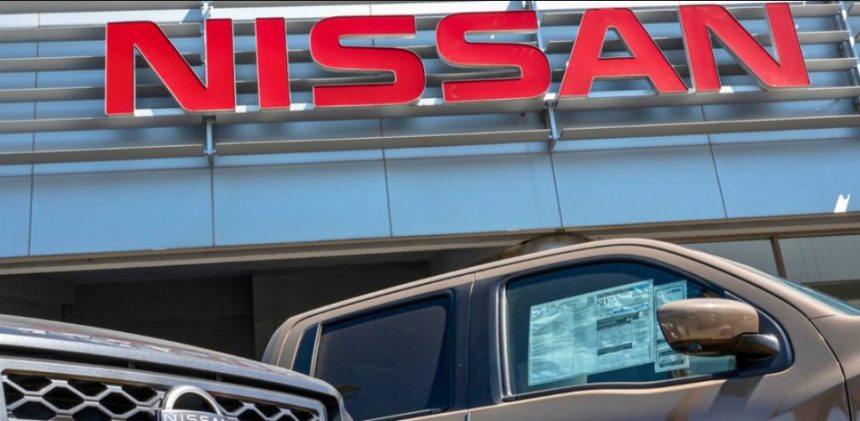Nissan Oppama Plant Closure: Iconic Factory to Shut Down as Company Cuts Costs
In a major move, Nissan has confirmed it will shut its flagship Oppama plant in Kanagawa Prefecture, Japan, by March 2028. This decision marks the end of an era for the factory, which has been a cornerstone of Nissan’s manufacturing for over six decades.
The Oppama plant, located just south of Tokyo, currently employs around 3,900 workers and has produced more than 17.8 million vehicles since opening in 1961. Nissan dubbed it their “mother factory,” a symbol of their—and Japan’s—global automotive ambitions.
The plant also famously launched the Nissan Leaf electric vehicle back in 2010, placing the company ahead of rivals in the EV race.
Nissan announced in a statement on Tuesday: production at Oppama will cease at the close of the 2027 fiscal year. All vehicle production will then be consolidated at Nissan Motor Kyushu in Fukuoka Prefecture, in southwestern Japan.
This closure aligns with Nissan’s broader strategy to restructure and cut costs amid financial struggles. The company has faced significant challenges recently, including falling sales in China, steep restructuring expenses, and growing inventory issues.
Nissan has also been impacted by tariff policies under former US President Donald Trump, which have hit its profitability.
Earlier this year, Nissan revealed plans to reduce its global workforce by about 15%, slashing approximately 20,000 jobs, including 9,000 already cut late last year.
The move is part of an effort to streamline operations, including cutting the number of its auto plants from 17 to 10 and reducing production capacity from 3.5 million to 2.5 million vehicles annually.
Nissan recorded a hefty loss of 670.9 billion yen (around $4.5 billion) for the fiscal year ending March 2024, a sharp turnaround from the previous year’s profit of 426.6 billion yen.
New CEO Ivan Espinosa, who took charge in April, is expected to address the media soon regarding the company’s future direction. He succeeded Makoto Uchida, who resigned amid the company’s disappointing performance.
This news is a significant development in the Japanese automotive industry, signalling the end of an iconic chapter for Nissan and the Oppama region.






